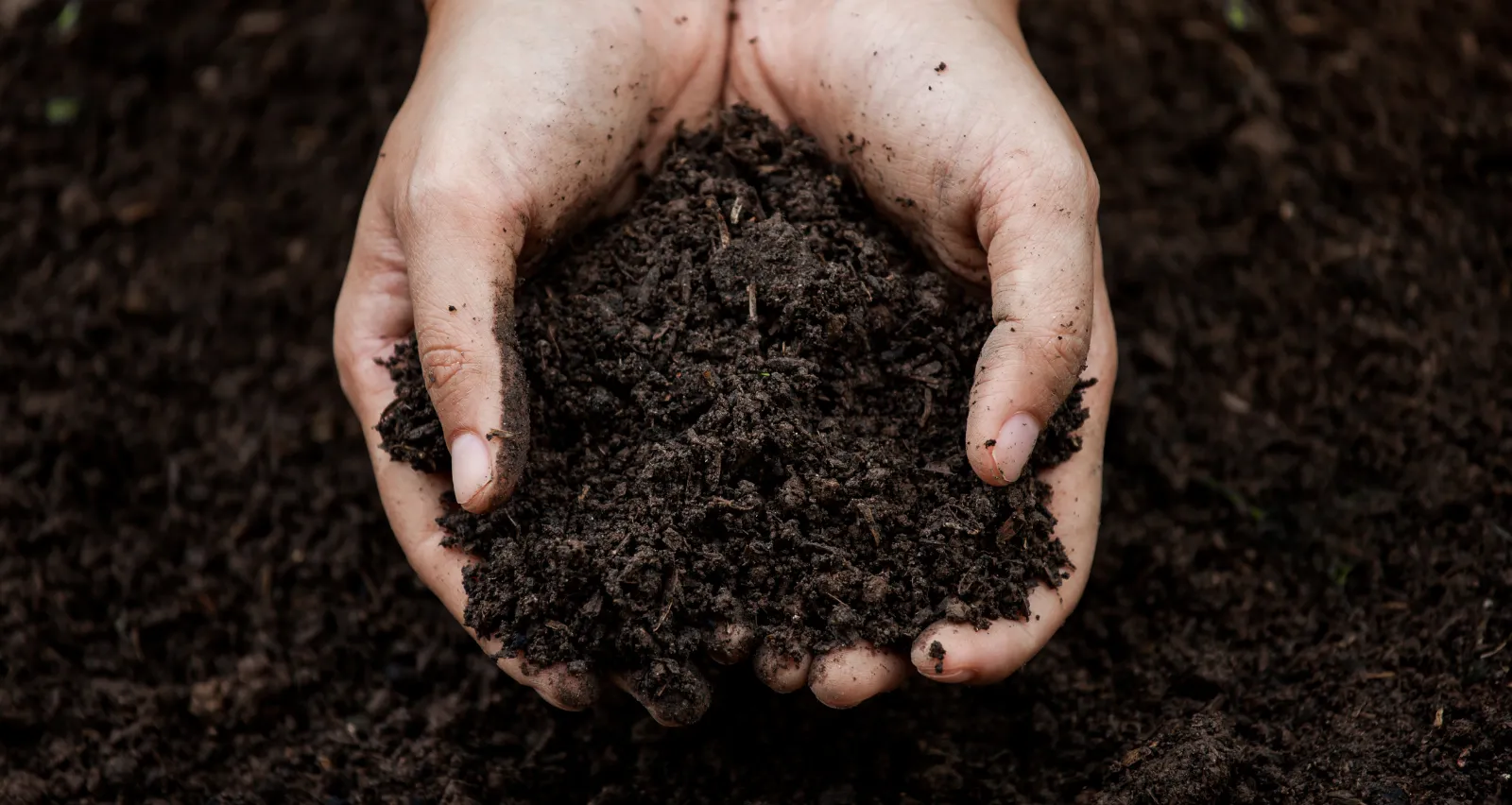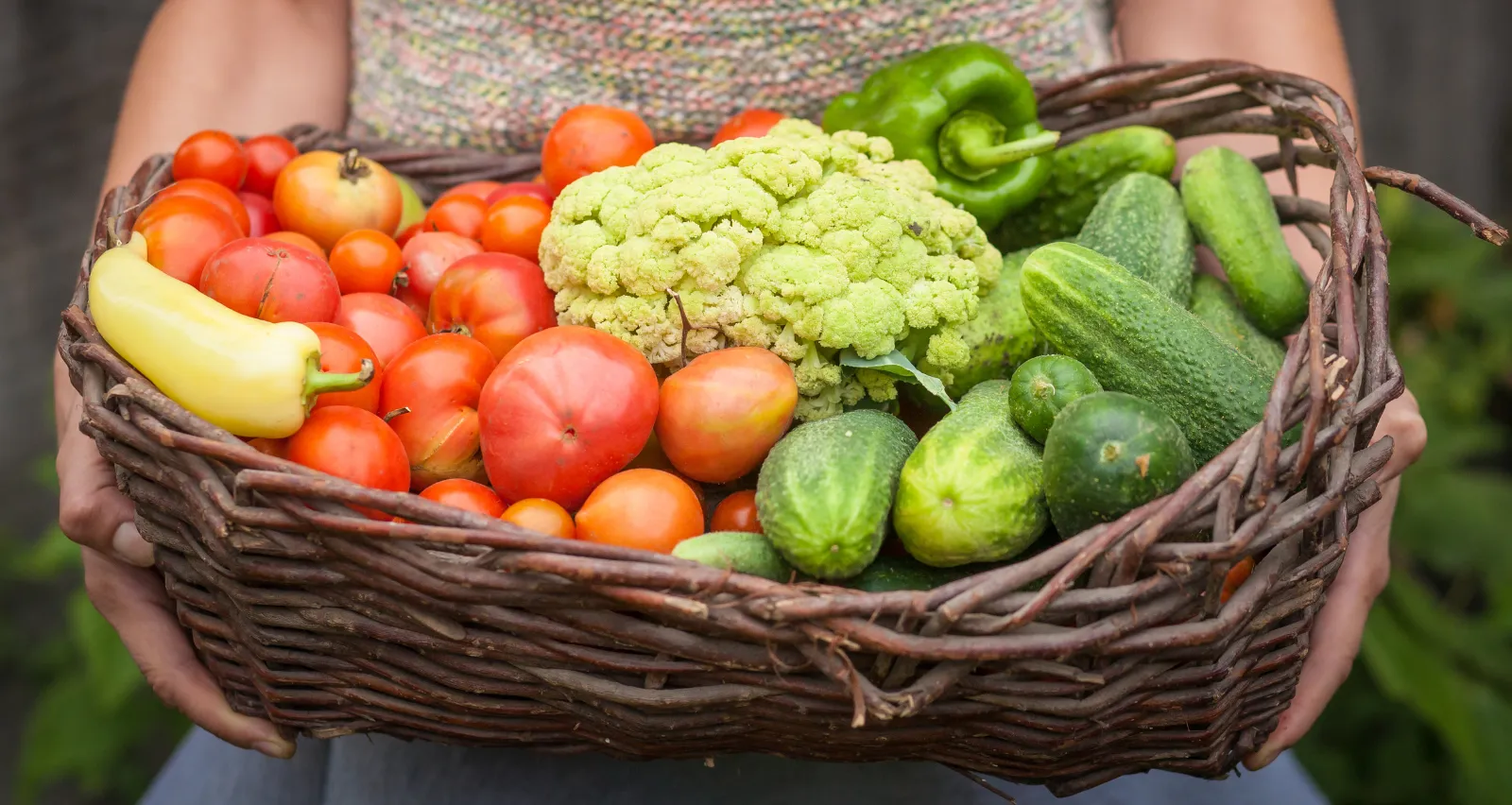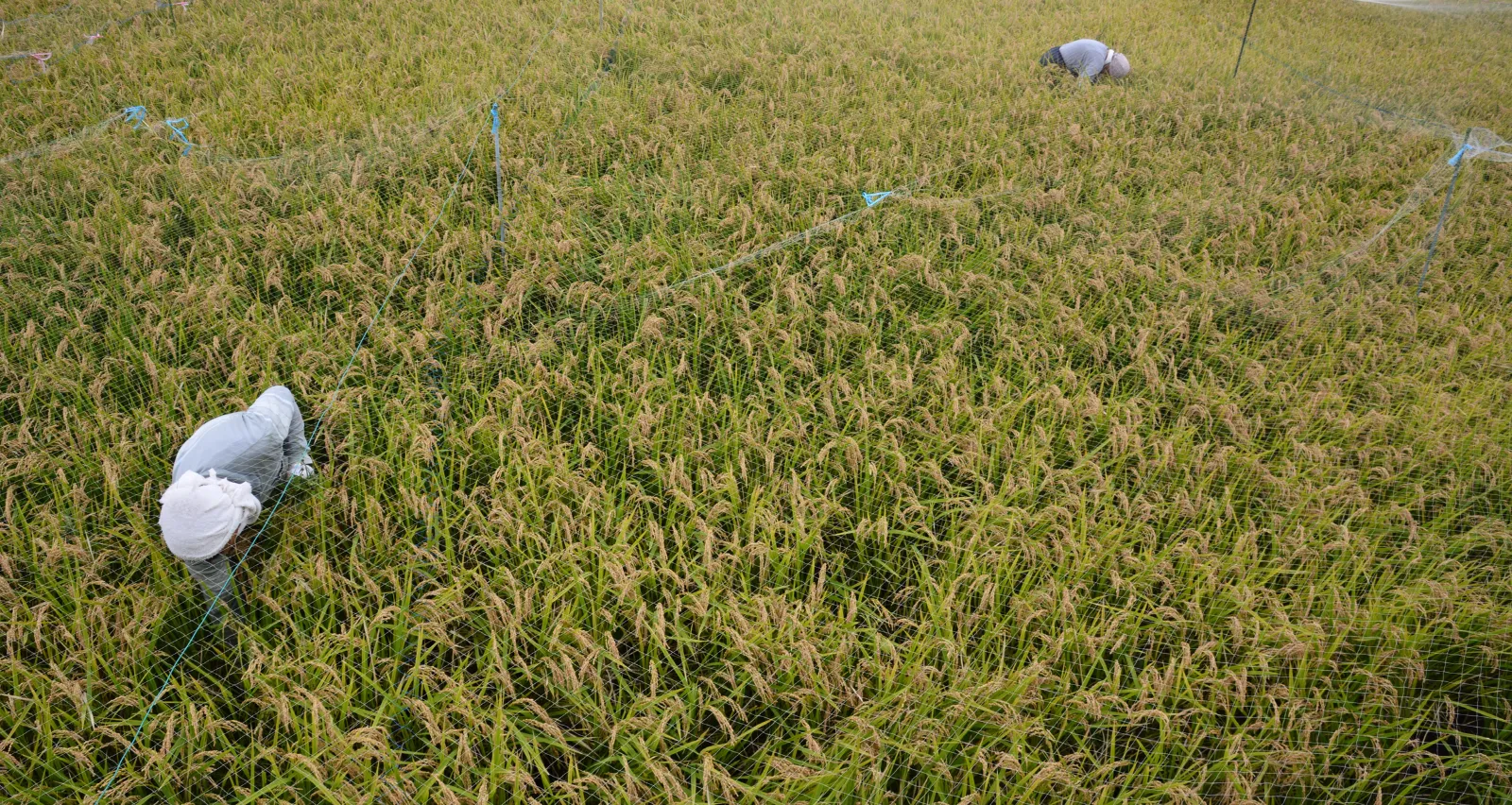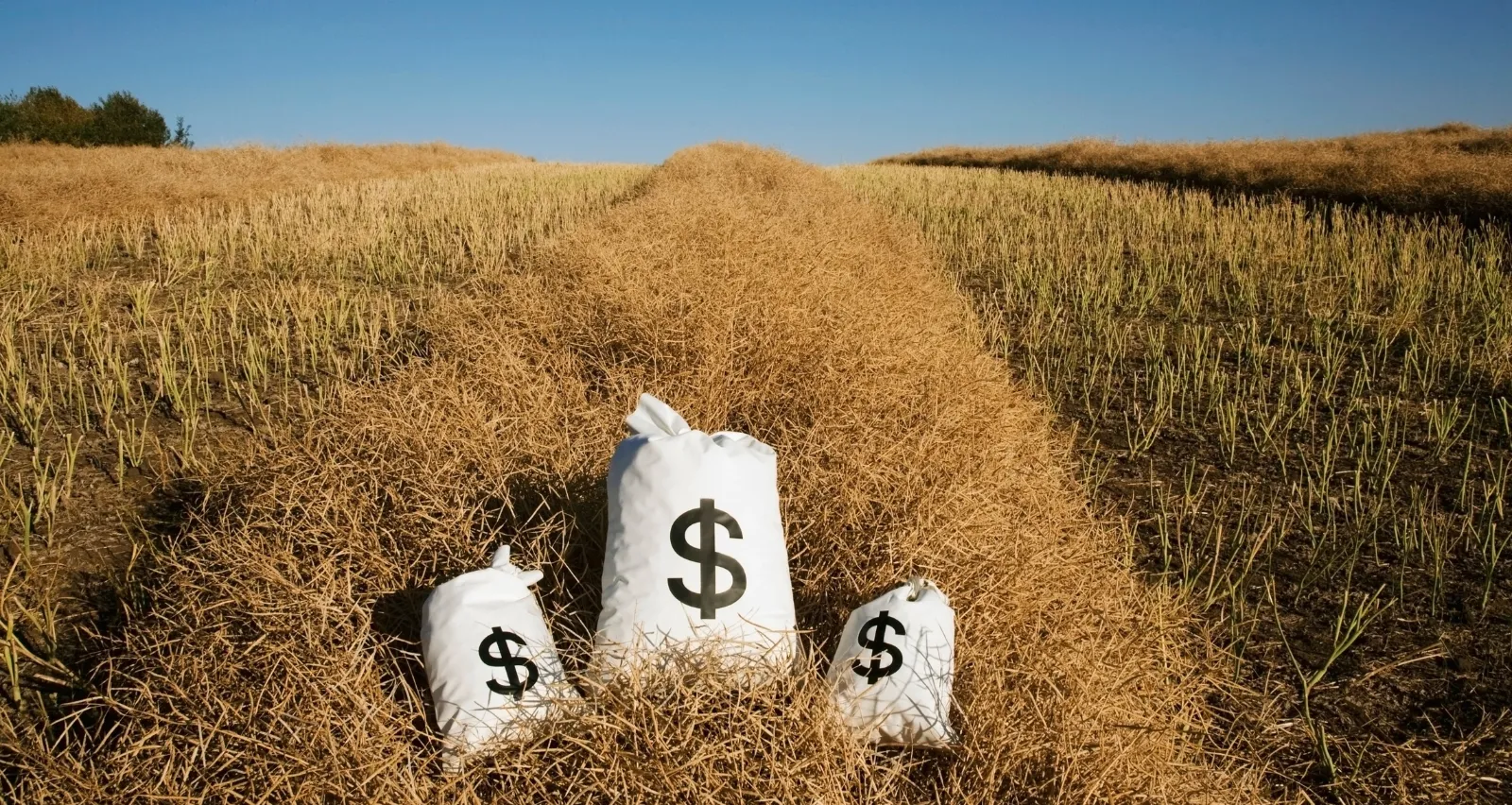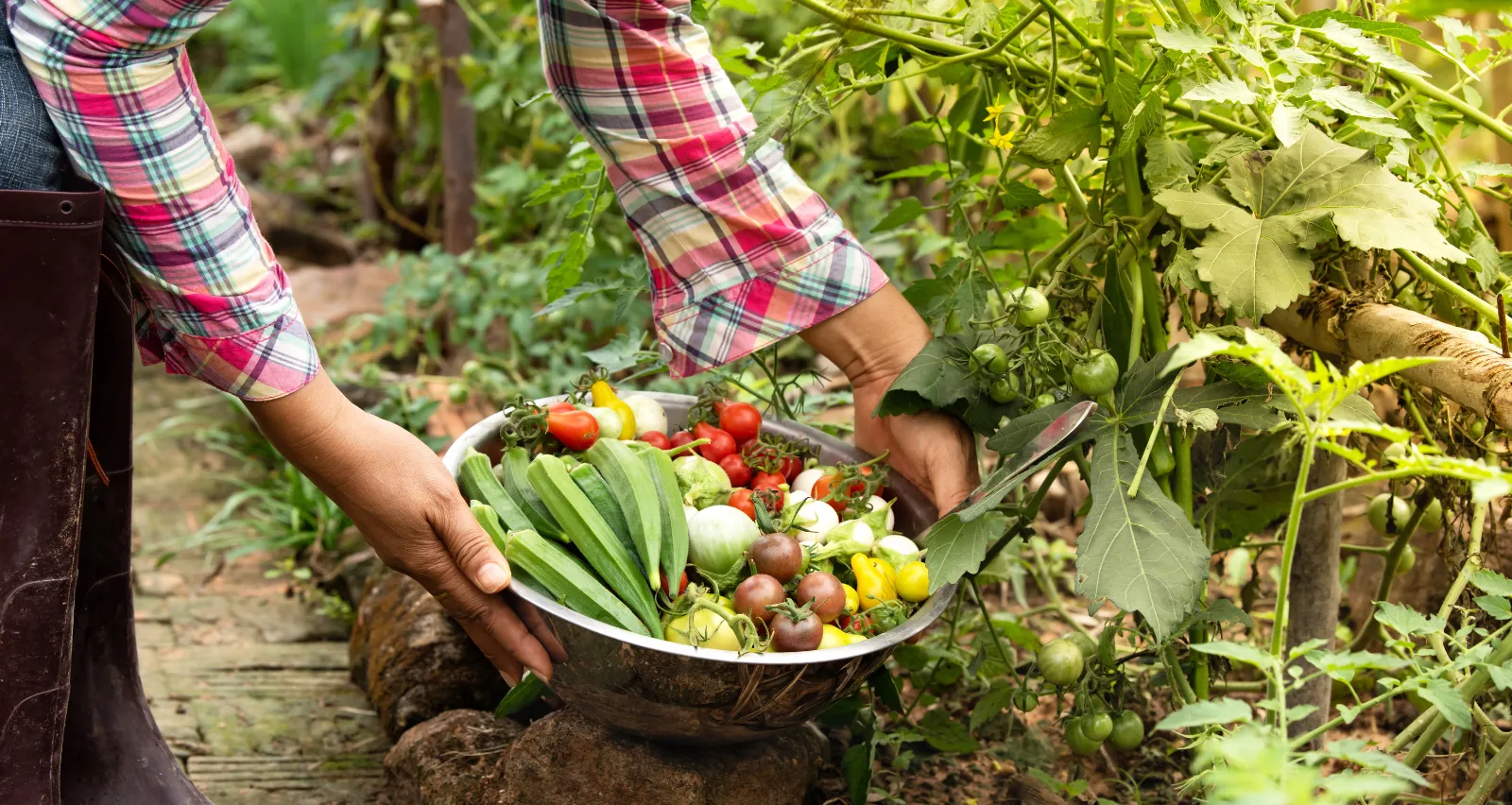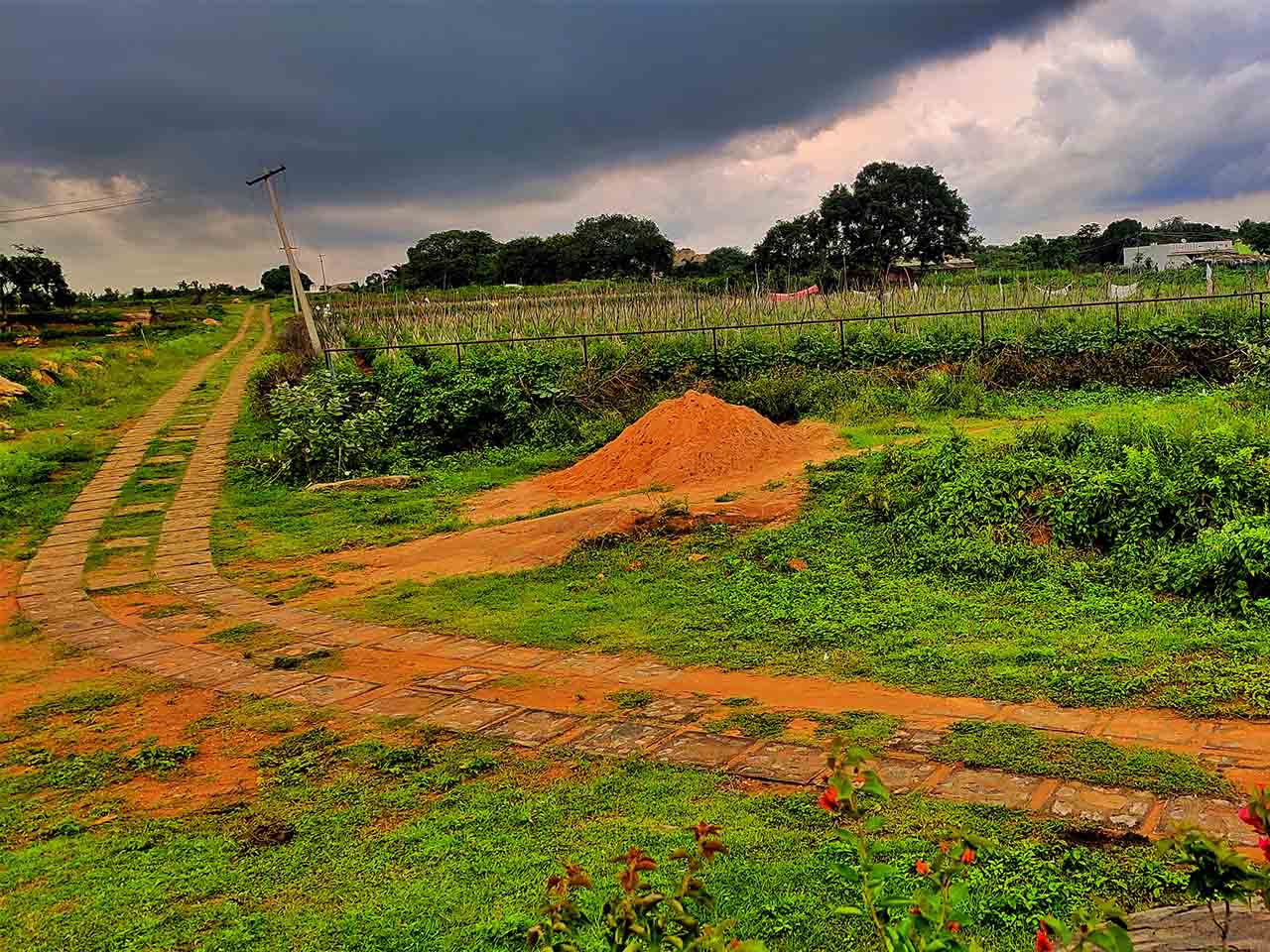
Bangalore, once famed for its pleasant climate and fertile lands, now faces a looming threat: climate change. Rising temperatures, erratic rainfall patterns, and extreme weather events are putting the city’s agricultural future at risk. This blog post explores how climate change is impacting Bangalore’s agriculture and what steps can be taken to ensure a sustainable future for the city’s food production.
The Impact of Climate Change in Bangalore’s Agriculture:
- Rising Temperatures: Increased temperatures can lead to heat stress in crops, reducing yields and impacting the overall quality. This can be detrimental to crops like vegetables and pulses that thrive in cooler conditions.
- Erratic Rainfall: Bangalore experiences both monsoon and non-monsoon seasons. Changes in rainfall patterns, including unpredictable droughts and heavy downpours, disrupt traditional planting cycles and water availability for crops. This uncertainty makes it difficult for farmers to plan and manage their crops effectively.
- Extreme Weather Events: Increased occurrences of heatwaves, floods, and storms can significantly damage crops and infrastructure, leading to food insecurity. These events can wipe out entire seasons of crops, causing significant economic hardship for farmers and impacting the city’s food supply.
Challenges for Farmers
- Reduced Crop Yields: The combined effects of rising temperatures, erratic rainfall, and extreme weather events directly impact crop productivity. This leads to lower crop yields, affecting both the income of farmers and the overall availability of food in the city.
- Water Scarcity: Changes in rainfall patterns and increased evaporation rates due to higher temperatures can lead to water scarcity in Banglore, a critical resource for agriculture. With less water available, farmers struggle to irrigate their crops properly, further impacting yields.
- Increased Pest and Disease Outbreaks: Changing climatic conditions can create favorable environments for pests and diseases, leading to greater crop losses. This can necessitate increased use of pesticides, which can have negative consequences for human health and the environment.
Building Resilience: Strategies for a Sustainable Future
- Adopting Climate-Smart Practices: Farmers need to adopt practices like using drought-resistant crop varieties, mulching, and rainwater harvesting to conserve water and adapt to changing weather patterns. Drought-resistant crops require less water to thrive, while mulching helps retain moisture in the soil. Rainwater harvesting can provide a reliable source of water for irrigation during dry periods.
- Precision Agriculture: Utilizing technology like sensors and data analysis can help farmers optimize water usage, fertilizer application, and pest management based on real-time conditions. This approach allows for a more targeted use of resources, reducing waste and improving overall efficiency.
- Promoting Urban Agriculture: Encouraging rooftop gardening, vertical farming, and community-supported agriculture initiatives can contribute to local food production and reduce dependence on traditional agricultural lands on the city’s outskirts. Urban agriculture can provide fresh, locally-grown produce and reduce the city’s reliance on long-distance transportation of food, which can have a significant carbon footprint.
- Investing in Research and Development: Supporting research on climate-resilient crops, efficient irrigation techniques, and sustainable farming practices is crucial for long-term adaptation. By developing new technologies and approaches, Bangalore’s agricultural sector can become more adaptable to the challenges posed by climate change.
Conclusion
Climate change presents a significant challenge to Bangalore’s agricultural future. However, by adopting climate-smart practices, promoting sustainable solutions, and fostering innovation, Bangalore can ensure its agricultural sector remains resilient and continues to contribute to the city’s food security.
A decision to make!
Educate yourself and others about the impact of climate change on agriculture. Support local farmers’ markets and initiatives promoting sustainable farming practices. Together, we can build a more sustainable future for Bangalore’s agriculture and ensure a secure food supply for generations to come.

